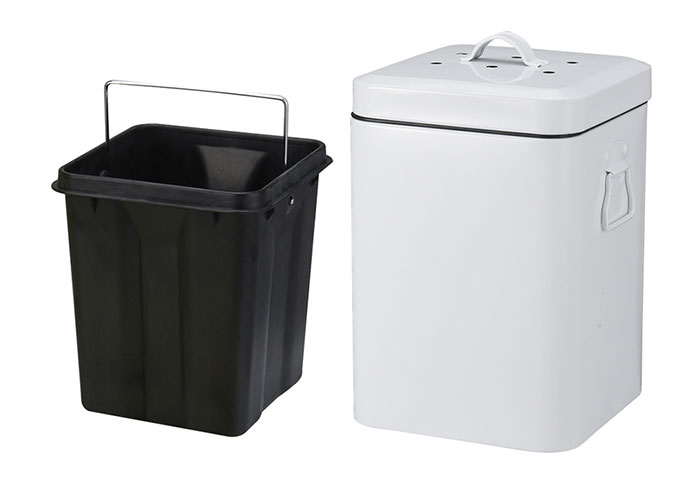The most effective composting techniques: how to use a compost bin to its full potential
The Most Effective Composting Techniques: How to Use a Compost Bin to Its Full Potential
Composting is a natural process that turns organic waste into a rich, nutrient-dense soil amendment known as compost. It is a sustainable and environmentally friendly way to recycle organic matter, reduce greenhouse gas emissions, and improve soil health. In this article, we will explore the most effective composting techniques to help you maximize the potential of your compost bin.
Layering Method
One of the most popular composting techniques is the layering method. This technique involves layering different types of organic waste, such as vegetable scraps, fruit peels, and leaves, with browns (dry materials like leaves or paper) and greens (moist materials like grass clippings or kitchen scraps) in a compost bin. The browns provide carbon, while the greens provide nitrogen, which are essential for the composting process. Layering helps to balance the carbon-to-nitrogen ratio and promote effective decomposition.

Inoculation with Compost Microorganisms
Compost microorganisms are essential for the decomposition process. You can inoculate your compost by mixing a small amount of existing compost with your organic waste. This introduces beneficial microorganisms that help to accelerate the decomposition process and create richer compost.
Turning and Mixing
Regularly turning and mixing your compost is essential to ensure even decomposition. Turning and mixing helps to aerate the compost, which promotes the activity of beneficial microorganisms. It also helps to mix the carbon and nitrogen materials together, which improves the efficiency of the decomposition process. Turning and mixing should be done at least once a week, but more frequent mixing may be necessary depending on the type of organic waste you are composting.
Water Management
Water is essential for the decomposition process, but too much or too little water can inhibit composting. Monitor the moisture level in your compost and add water sparingly if needed. Too much water can create a soggy mess that is not conducive to effective composting, while too little water can slow down the decomposition process. A good rule of thumb is to keep your compost slightly moist but not soggy.
Airflow Management
Good airflow is essential for effective composting. Your compost bin should allow for adequate airflow to support the decomposition process. If your compost bin does not have good airflow, you can turn and mix your compost more frequently to introduce oxygen.
In conclusion, using a compost bin effectively requires a balance of layering, inoculation, turning and mixing, water management, and airflow management. Following these techniques will help you create rich, nutrient-dense compost that is perfect for improving soil health and promoting plant growth in your garden or landscape. Remember to always use organic waste that is free from chemical pesticides or fertilizers to ensure a safe and sustainable compost product.
